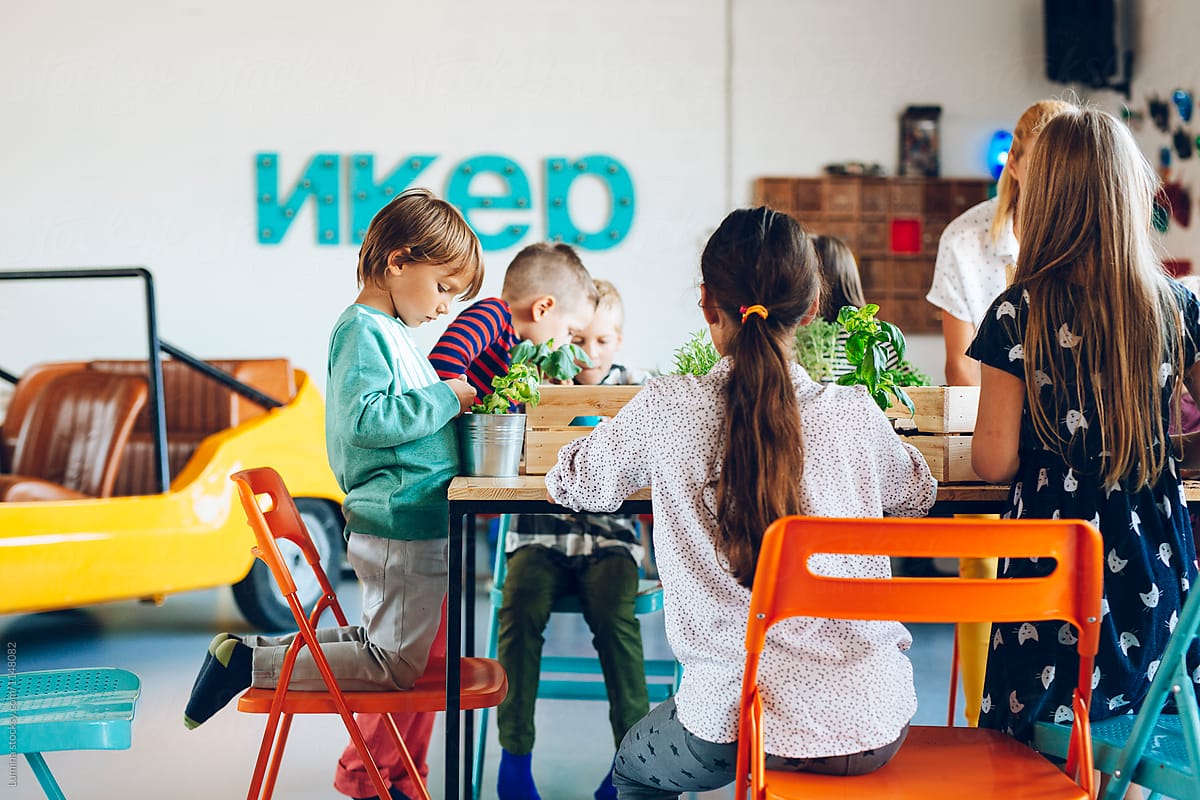As I get to see regularly, there are many approaches to educating learners in schools and districts and wide views on education but regardless of this, what we know is that the way we have always done things is not currently possible. This can be scary and hard but it can also allow us to try new things and ditch some practices that were ineffective. Educators all over the world seemingly overnight had to modify their teaching and learning to meet kids where they were and teach from the confines of their homes. As we learn to meet the needs of students remotely with varied access, support, and resources, there is no one right way that is going to best meet the needs of students at home.
I wrote this in Learner-Centered Innovation and it still applies:
There is no substitute for a teacher who designs authentic, participatory, and relevant learning experiences for her unique population of students. The role of the teacher is to inspire learning and develop the skills and mindsets of learners. A teacher as a designer and facilitator should continually evolve with resources, experiences, and the support of a community. It is becoming increasingly clear that we don’t necessarily need to transform the role of teachers, rather create a culture that inspires and empowers teachers to innovate in the pursuit of providing optimal learning experiences for their students.
2020 is certainly evidence of how unpredictable the world can be and why it is so critical to have the skills that the World Economic Forum highlights such as the ability to think critically, be a complex problem solver, navigate complexity, and emotional intelligence to name a few. As we look forward to the future of education, the importance of social emotional health, equity, and innovation are paramount in a time of uncertainty and challenge.
There is still much that is unknown for this school year but we know that if learners don’t feel seen for who they are and valued for the unique gifts they bring, we will fail to create the opportunities for all children to reach their full potential. The role of the teacher matters more than ever and it is crucial that we focus on how to co design meaningful experiences, connect with learners as individuals, and help them develop skills to navigate this pandemic and all the challenges that come with it.
It is my belief that our world and our schools needs Learner-Centered Innovation now more than ever. To support this work, I have created this Distance Learning Study Guide which can be use with or without the book. I included the foreword by George Couros, the intro and chapter 1 (you can also get it here) along with blog posts, protocols, and new questions to guide your thinking. My hope is that it can help you and your team think about the challenges and also the opportunities that exist in education right now.
This book and conversation guide are not intended to provide all the answers but instead provide questions, examples, and provocations to help you think differently about what is possible in your context. I look forward to hearing what you think and what you do as a result.



Students need to know that their voices matter. No matter how old they are…. they are important and their voice matters.